Gold Prospecting 2022 What You Need to Know
Gold prospecting is arguably, the most glamorous field of metal detecting. The search for gold nuggets can be very rewarding but also very enjoyable as a pastime. Researching information about gold prospective and geology can improve your chances of searching in the right places and achieving a significant ‘payoff’.
Many goldfields that produced good quantities of gold in the old days are often good environments in which to prospect and many of these areas have been revived as excellent search locations as a result of improvements in metal detector performance.
You’ll be pleased to know that recent advancements in metal detection technology now provide greater depth for effective searching and improved recovery rates for gold nuggets and other precious metals.
With a little research by you, and the high-quality detection equipment and expert advice, prospecting for gold can be rewarding fun and serious prospectors. In fact, there are numerous people who make a full-time living from gold prospecting by driving from goldfield to goldfield uncovering nuggets and pursuing the lure and luster of gold.
Where Do I Go Detecting?
Most new prospectors want to know where to go to get started. It’s true that research, local knowledge and a sixth-sense can be very handy, but it is also true to say that there are countless locations where you’ll be able to exercise your spirit of exploration and discovery. Do you search with geological maps and information to improve your chances of prospecting in favorable locations; and with information about joining prospecting clubs and groups where smart tips are shared between like-minded prospectors.
To get an idea of the many sites and locations where you could make useful discoveries while enjoying the pleasures of the great outdoors, try some of these (but be sure to obtain permission before entering any private property):
- Old goldfields and minerals exploration areas
- Other old mining sites
- Ghost towns
- Historical town sites
- Abandoned sites
- Beaches
- Show grounds and race courses
- Picnic areas
- Battlefields
- Camping and sports grounds
- Swimming areas
- Parks and playgrounds
- Around jetties and piers
Other good research sources include the local library or historical society, the State Department of Mines, newspaper archives, local town plans, etc. If possible, also tap into the local knowledge by talking to old identities and some of the ‘locals’ in the area where you’re searching.
Lastly, see if there’s a detector club in your area. Join them and not only will you learn valuable tips and cunning ideas about the art of metal detecting, you’ll get information about the more prospective search sites and you’ll make new friends – after all, that’s one of the key benefits for joining the world of prospecting.
Coin, Jewellery & Relic Hunting
Detecting for coins, jewellery and relics is by far the most widely enjoyed form of metal detecting around the world. After centuries of making metal items of value, every country has myriads of objects of great historical interest to be found. Valuable items such as coins, war relics, gold rings and jewellery may have been hidden for many years, just out of sight but within easy reach of your metal detector. You may find objects of real commercial value, or maybe you might be interested in finding cultural artifacts and historical relics that can unlock the past life of an area.
Water and Beach Hunting
This is one of the most fascinating and fastest growing areas for metal detecting.
The development and improvement of waterproof metal detection equipment over a period of years has encouraged prospectors to get their feet wet in the search for coins, jewellery, relics and other valuable metal artifacts.
Metal detectors are now sophisticated enough to operate effectively in fresh water and salt water environments and at depths up to 200 feet. This development allows divers to search for valuable metal objects from the shallow shoreline into deeper water.
Perhaps you might want to combine your interests or develop new interests in both metal detecting and snorkeling or scuba diving.
Detecting Tips
The basic tip for metal detecting is to go slow and stay low. This means that the speed that you sweep the coil across the ground should be slow, and the coil should pass across the ground in an even sweep that is as close to the ground as possible.
When detecting in gold fields, it is important to always be ground balanced. This involves the detector compensating for the natural, background mineralogy of the ground over which you are sweeping. Detectors that have automatic tracking will maintain an effective ground balance setting as you undertake your detection sweeps. However, detectors with manual ground balance should be checked regularly and readjusted when required to suit the terrain in which you are prospecting.
When undertaking your research for gold prospecting areas, don’t overlook old records, original maps and surveys, or historical geological reports and don’t limit your exploration to well known goldfields. Small, sub-economic gold carrying ore fields can often be very productive for an individual prospector even where these locations are unsuitable for large commercial exploration companies.
In addition, due to the economics of the larger-scale gold extraction industry, the bigger explorers can move on to richer tenements before all the available gold is exhausted. These locations can provide excellent opportunities for the individual prospector to experience the enjoyment of the search, while having a good opportunity of locating some of the ‘precious stuff’.
Always remember, just because you have invested in your new metal detector and other prospecting equipment, you do not have the right to stroll onto private property. You’ll need to arrange for authorization to prospect in a number of areas. For example, if you are gold prospecting, you may need to acquire a prospecting license or ‘Mines Right’ before you start your prospecting expedition. If you are detecting at sports grounds, city parks, or other public facilities, you may need permission from the local Council.
However, the good news is that prospecting licenses and other permissions are generally inexpensive and easy to obtain.
When you find a spot that is giving you good results, slow down and detect thoroughly as there is sure to be more for the careful searcher. And remember, when setting discrimination levels on your detector keep them as low as possible. It’s better to dig up the occasional piece of rubbish than to miss an important find like a nice piece of jewellery or some historic artifact.
A final tip – enjoy yourself; this is the most important thing. You won’t find something amazing every time you go exploring, but this is exactly what makes those special discoveries so special.
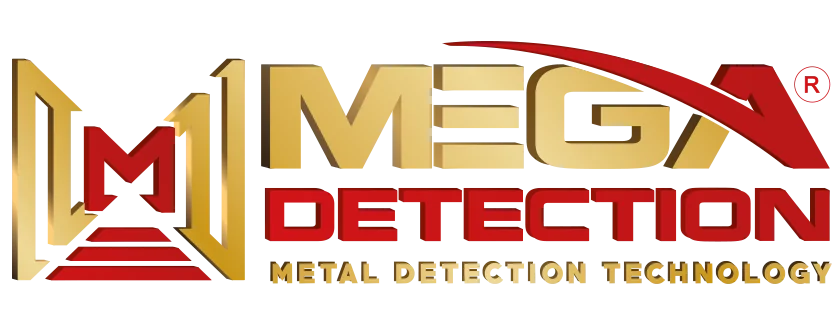
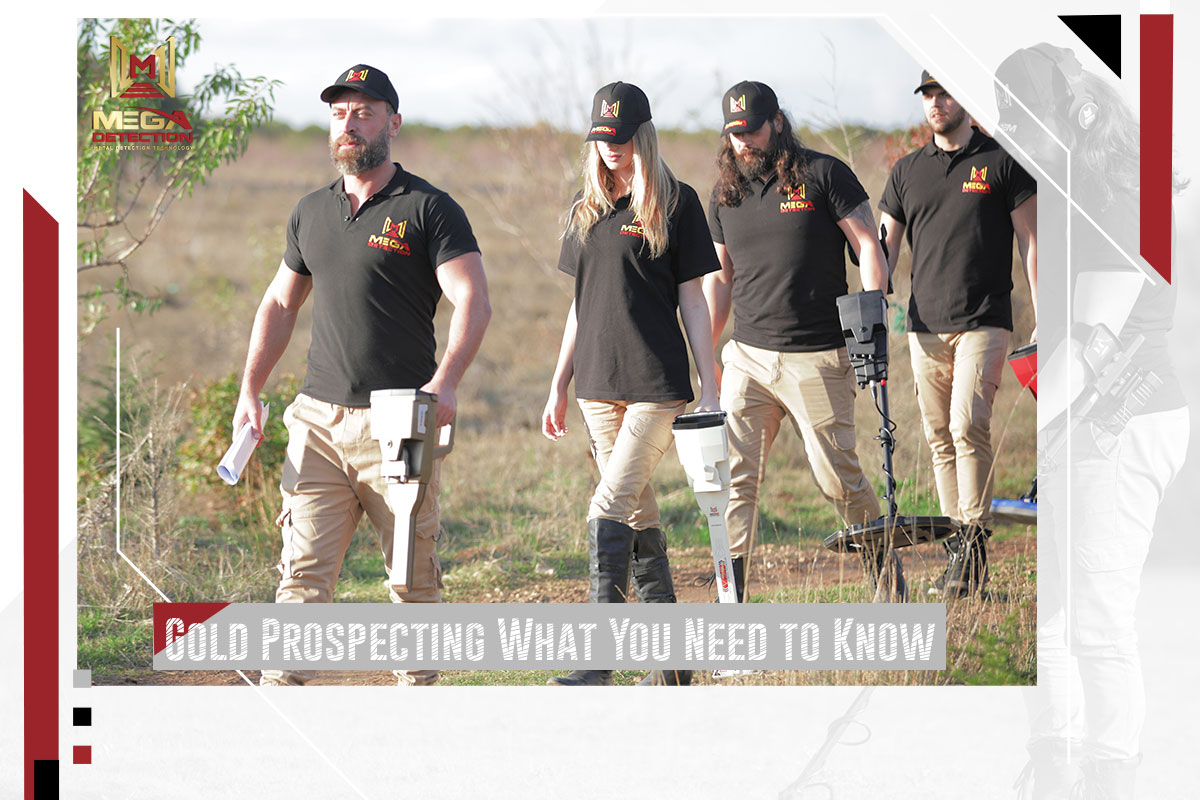

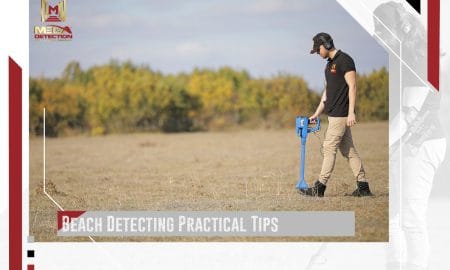
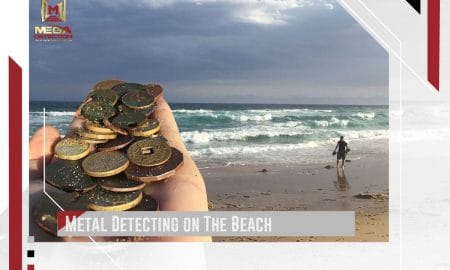
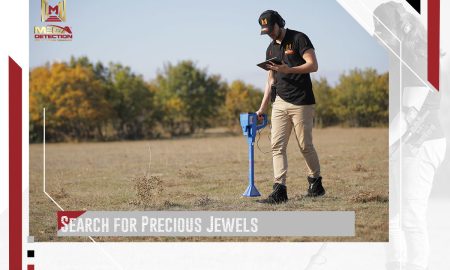

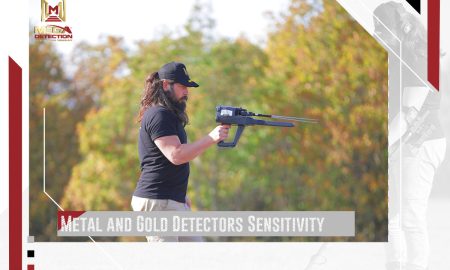

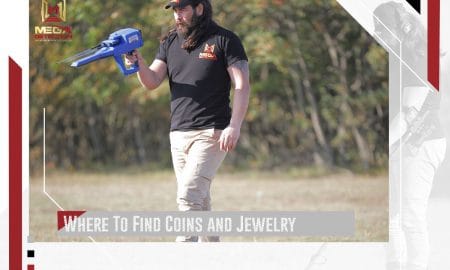


Leave a Reply